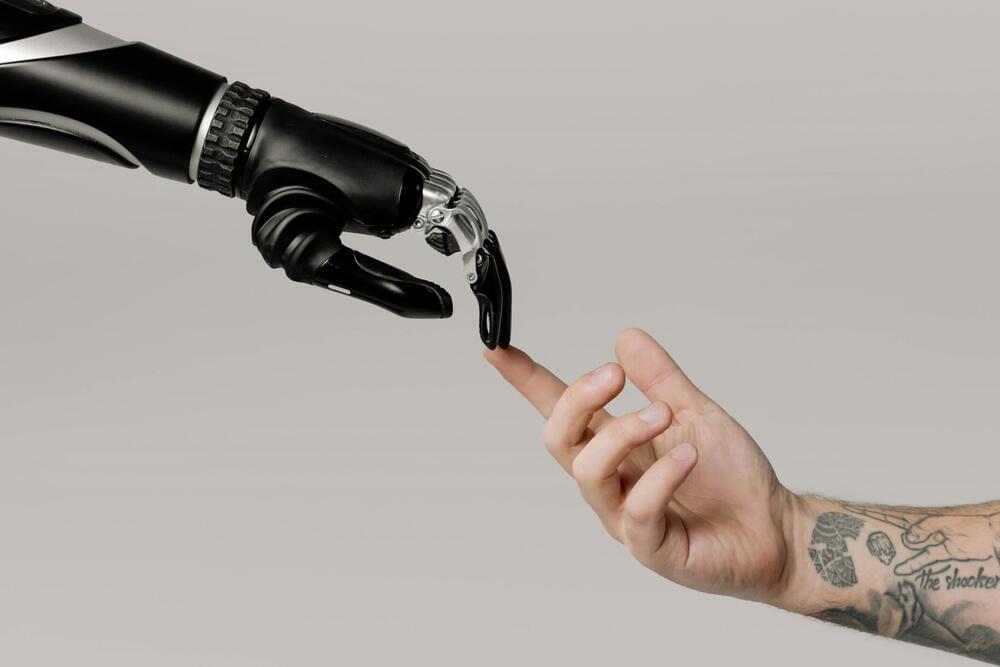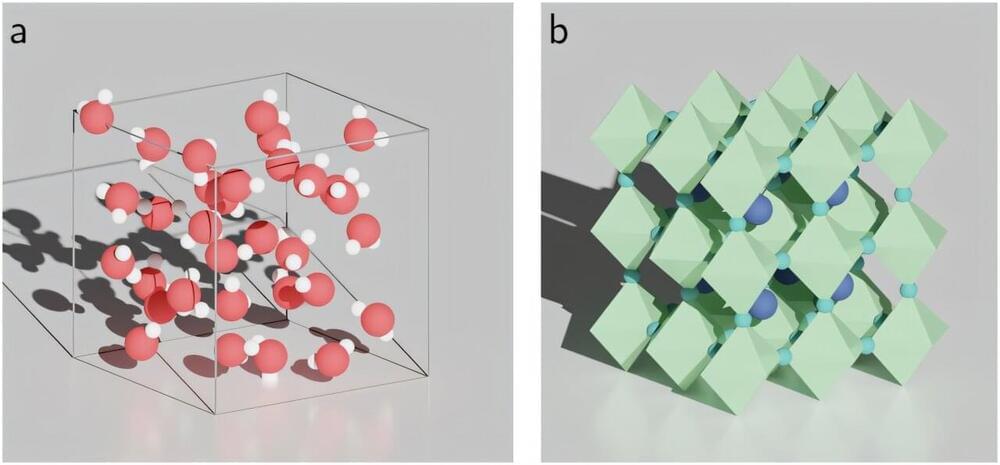As energy-hungry computer data centers and artificial intelligence programs place ever greater demands on the U.S. power grid, tech companies are looking to a technology that just a few years ago appeared ready to be phased out: nuclear energy.
After several decades in which investment in new nuclear facilities in the U.S. had slowed to a crawl, tech giants Microsoft and Google have recently announced investments in the technology, aimed at securing a reliable source of emissions-free power for years into the future.
Earlier this year, online retailer Amazon, which has an expansive cloud computing business, announced it had reached an agreement to purchase a nuclear energy-fueled data center in Pennsylvania and that it had plans to buy more in the future.
Amazon’s plan, by contrast, does not require either new technology or the resurrection of an older nuclear facility.
The data center that the company purchased from Talen Energy is located on the same site as the fully operational Susquehanna nuclear plant in Salem, Pennsylvania, and draws power directly from it.
Amazon characterized the $650 million investment as part of a larger effort to reach net-zero carbon emissions by 2040.







